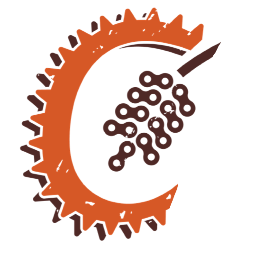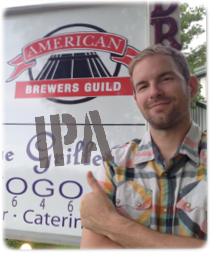
Worried citizens fear the new brewery slated to open in a shared commerce complex would pose a threat to public safety and lead to the overcrowding of an already busy parking lot.
Those opposed to Chainline’s proposed brewery and tasting room worry that intoxicated patrons would be unfit to operate motor vehicles in the lot—where parents drop off their children for classes in ballet, martial arts, and music at established businesses in the complex—and create other “unnecessary risk[s],” as outlined by one community member’s letter to the Kirkland City Council and obtained by the Washington Beer Blog.
“I cannot comprehend why a business serving alcohol would be approved to have a business license literally next door to youth-oriented services,” Christina Hume, part owner of the neighboring AMC Kickboxing, wrote in a letter to the Kirkland Reporter in July. “[T]o allow a new business coming in serving alcohol right next to where children are attending classes, is simply outrageous.”
Calls placed to AMC were not returned.
In response, the brewery recently took to its own blog to call for help and asked people to vocalize their support — and it rallied approximately 200 letters, said brewery co-founder and owner Scott Holm.
“Whether or not they even cared for beer or alcohol at all, whether it be on the basis of allowing a small business, or just the community aspect of a brewery, people from all [over] wrote letters of support,” he said. “We had over 200 letters of support in just a few days. I’m still trying to process how great that was.”
Hoping to settle the arguments, city manager Kurt Triplett wrote a letter earlier this week to address some of the concerns. In the note, he assured the community that Chainline had provided plans to meet all zoning requirements and parking demands. Additionally, Triplett assured citizens that their safety concerns had been relayed to the city’s police department, which will be tasked with “closely monitoring the situation.”
Progress was really made on Tuesday, however, when Holm met with the opposition’s ringleaders, led in part by the neighboring International Ballet Academy, which ultimately agreed to retract its opposition and officially rescind complaints they had filed with the city.
“There’s been agreements on both sides to just do our best to be good neighbors towards each other and put it all in the past and move forward,” said Holm. “It was based out of fear and a lack of knowledge about what a tasting room and a craft brewery — what that means. Once we sat down and got a chance to tell them what it was, the response was definitely one of relief.”
While Holm praised the community’s receptiveness, he said there are still enough individual complaints that have not been retracted, separate from the more organized opposition, to require the Washington State Liquor Board’s review before any of Chainline’s permits and licensing applications can be approved.

“Some of the letters were retracted, but a bunch of the individual complaints have stood, enough to leave us basically in the same boat,” he said.
The Board now must determine whether a liquor license in the area could reasonably pose a threat to public safety, said spokesman Brian Smith.
“Either you’ve got an area that meets the definition of the law, chronic illegal activity, shootings, assaults, constant calls for police to that location. That would carry a lot of weight,” he said of the evaluation process. “Or the license applicant has a criminal history themselves.”
Smith added proximity to the ballet academy, for instance, would not meet the legal threshold as a threat to public safety.
The company does already have contractors lined up and brewing equipment on hand to get the project started when the squabble blows over: Holm said he hopes Chainline will be open to the public before the end of the year.
Beyond that, he also has some advice for would-be brewers looking to get started in a hostile environment.
“Communication about what the craft brewing industry is, is vitally important,” he said. “This could’ve all probably been avoided if we’d all had a chance to speak beforehand rather than afterwards.”
